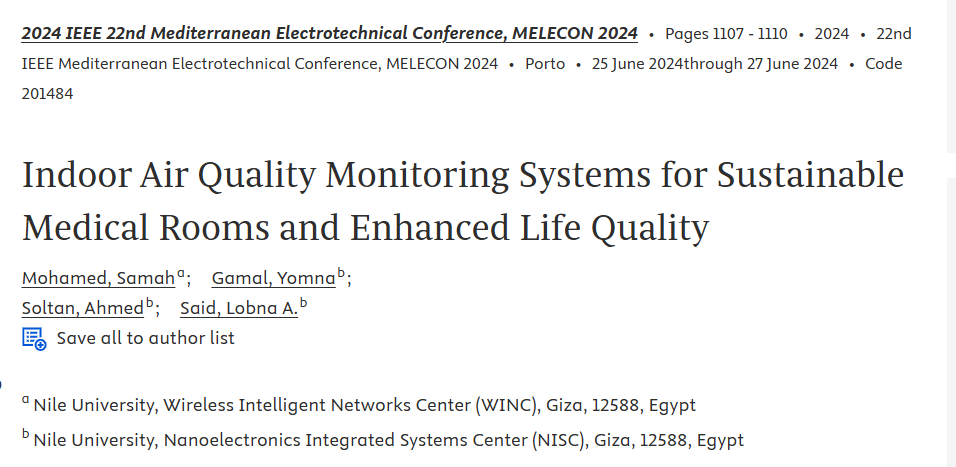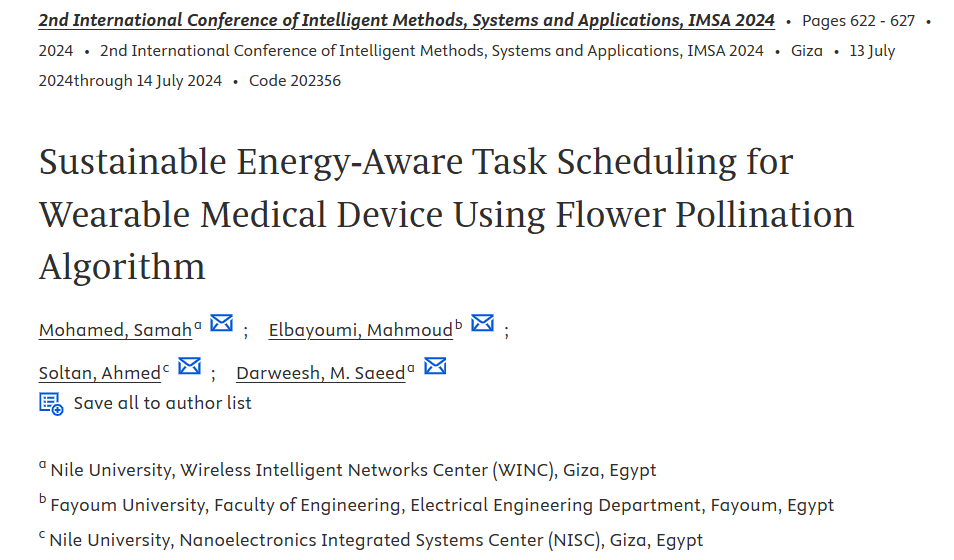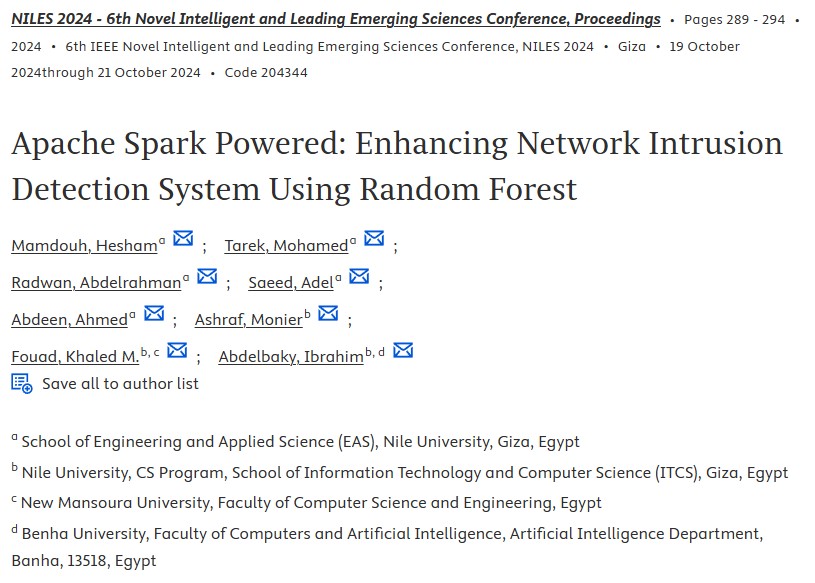On the Degrees of Freedom of the Two-Cell Two-Hop MIMO Network with Dedicated and Shared Relays
We investigate the degrees of freedom (DoF) of the downlink of a cellular relay network. In this network, two base stations transmit to two mobile stations via relays due to the absence of a direct communication link. Each base station and mobile station is equipped with M antennas. Each base station has two messages; one to each mobile station, and uses two relays to transmit to the mobile stations. The relays are half duplex, decode-and-forward and equipped with N antennas each. We consider two configurations of the relays; shared and dedicated relays. In the shared relays configuration, the system has two relays that are used by both base stations. Whereas, in the dedicated relays configuration, each base station has two dedicated relays, i.e., the system has four relays. We consider all possible relaying schemes where the base stations can use the relays either simultaneously or alternately. We derive an upper bound on the DoF achievable by each relaying scheme as a function of the ratio between N and M. Furthermore, we propose an achievable scheme that uses interference alignment to achieve the upper bound on the DoF for the shared relays configuration, and for all values of M and N except for 1< 1/4{N}{M}<\1/4{5}{2} in the dedicated relays configuration. © 2015 IEEE.




